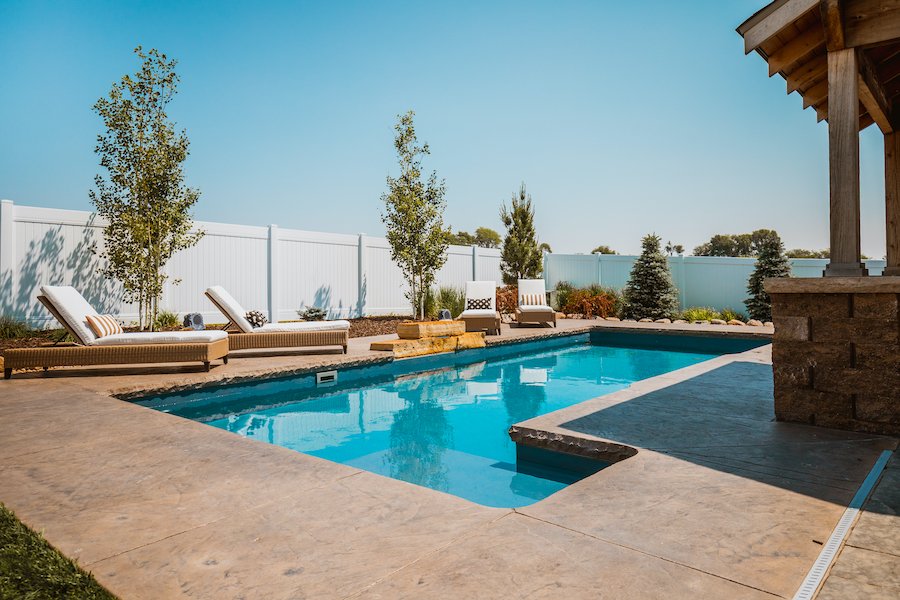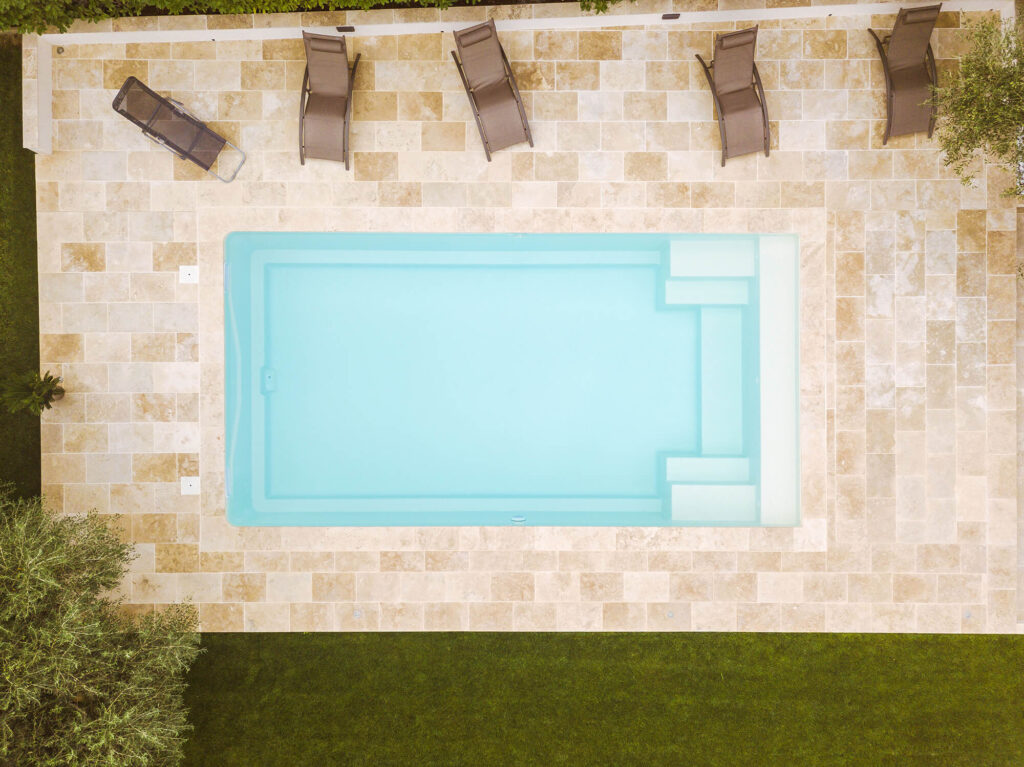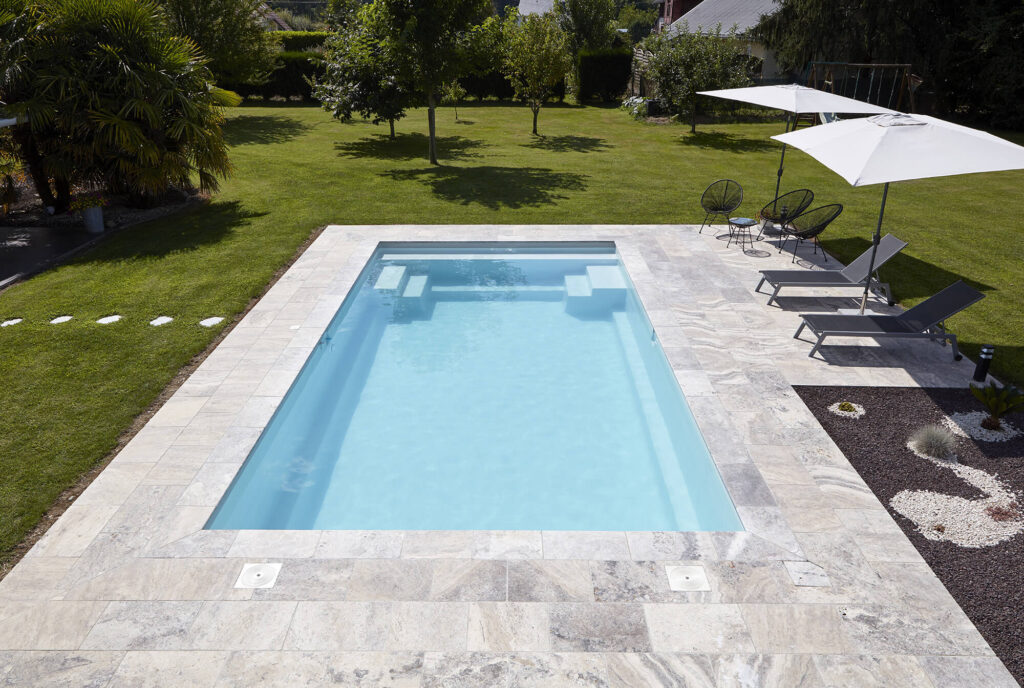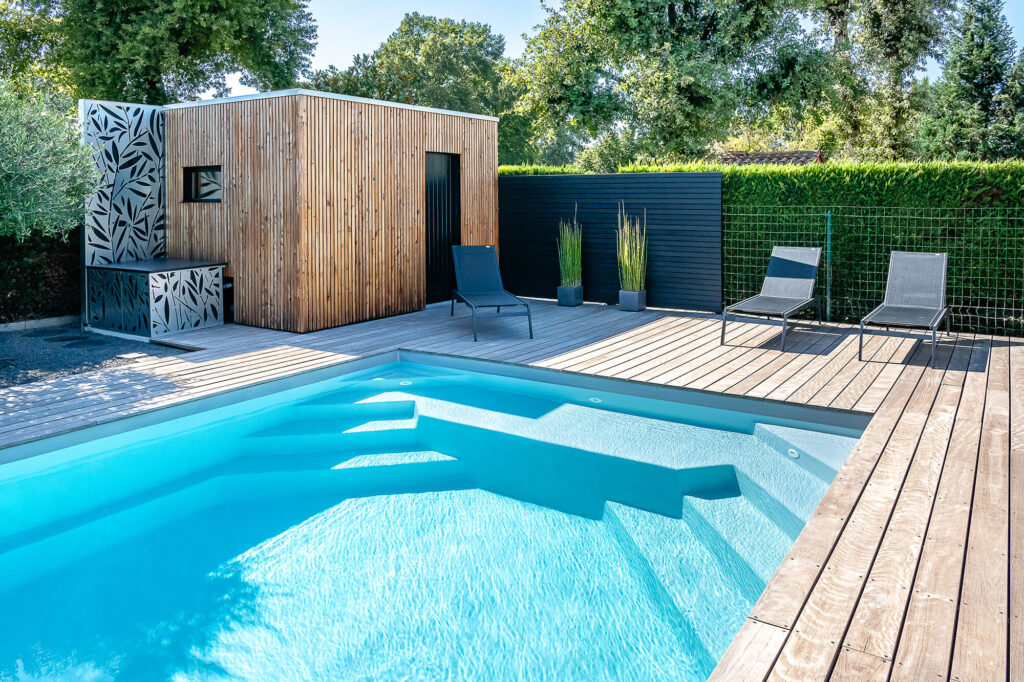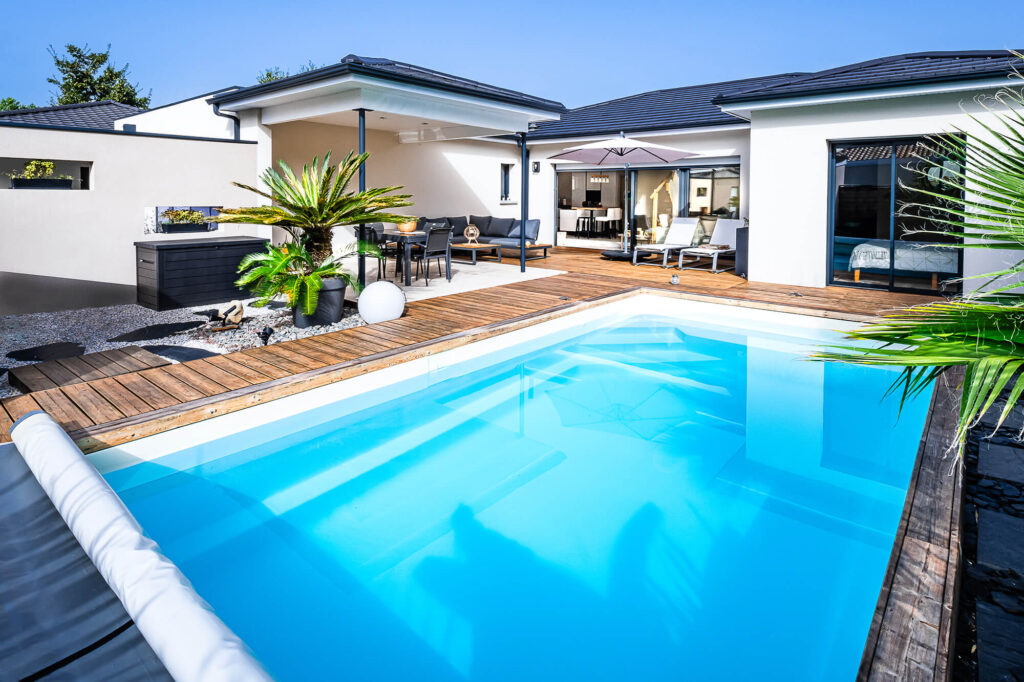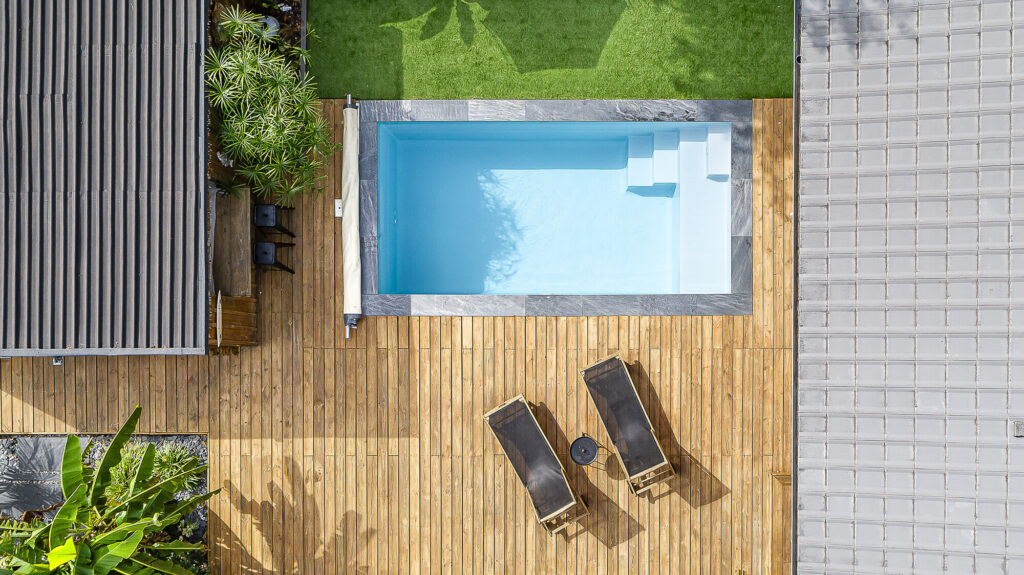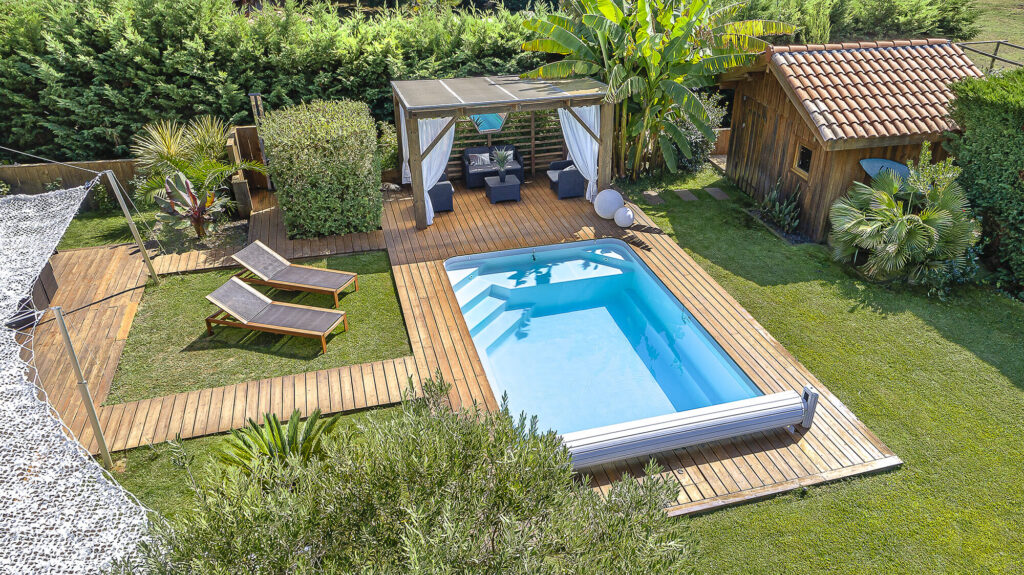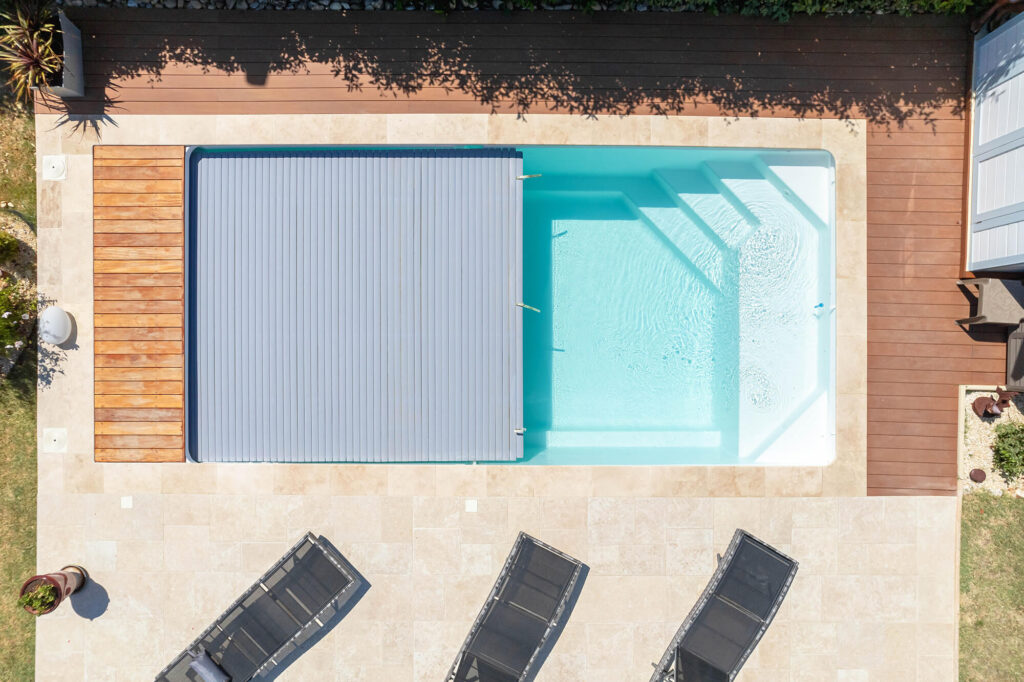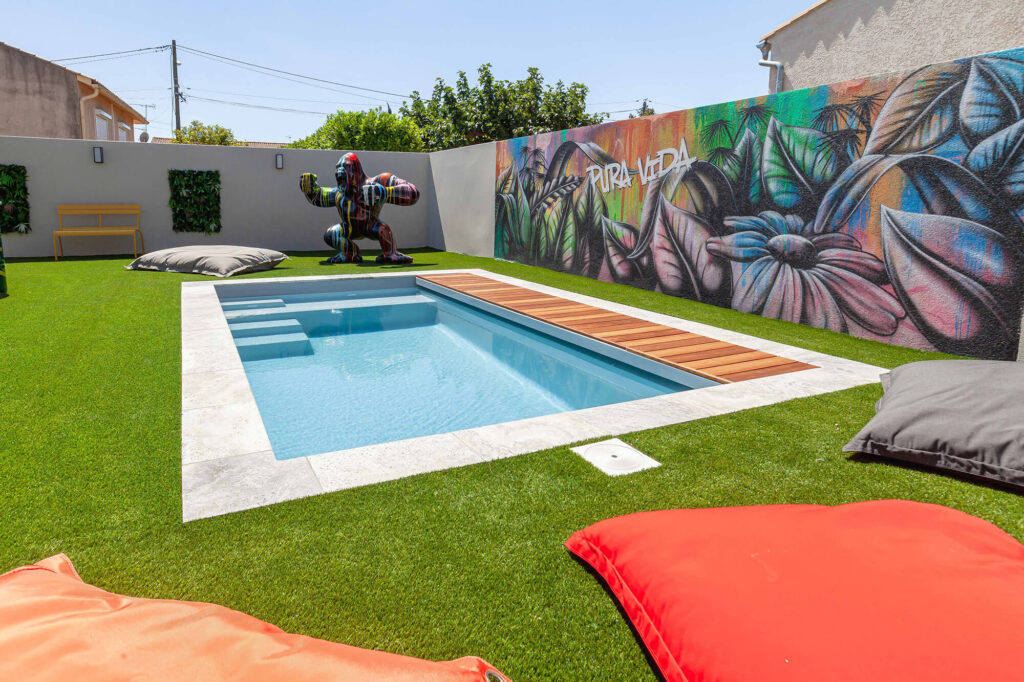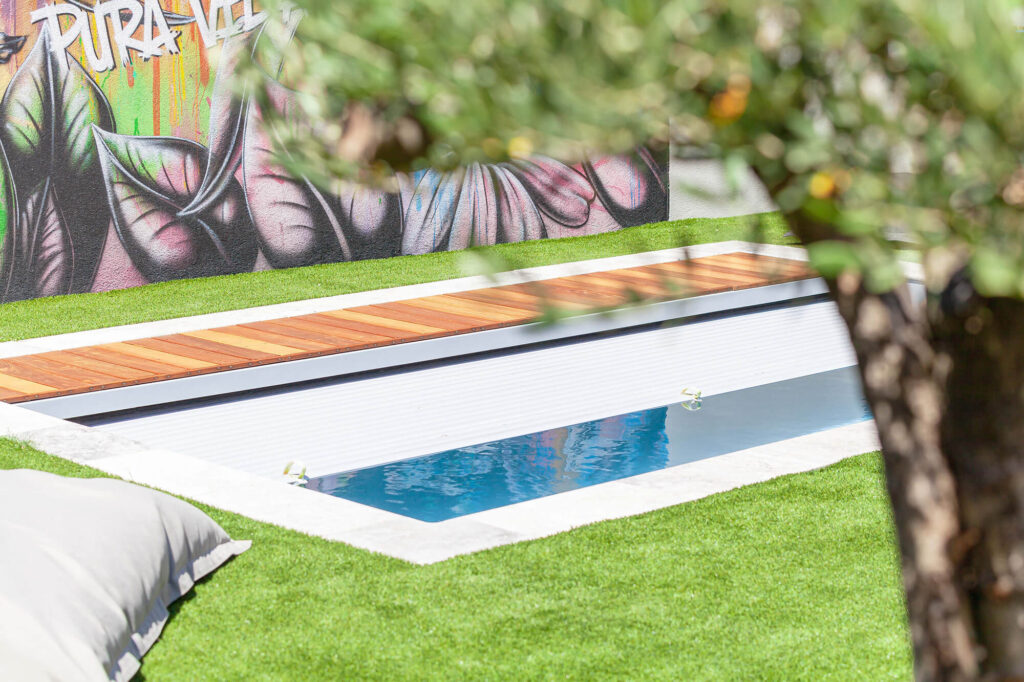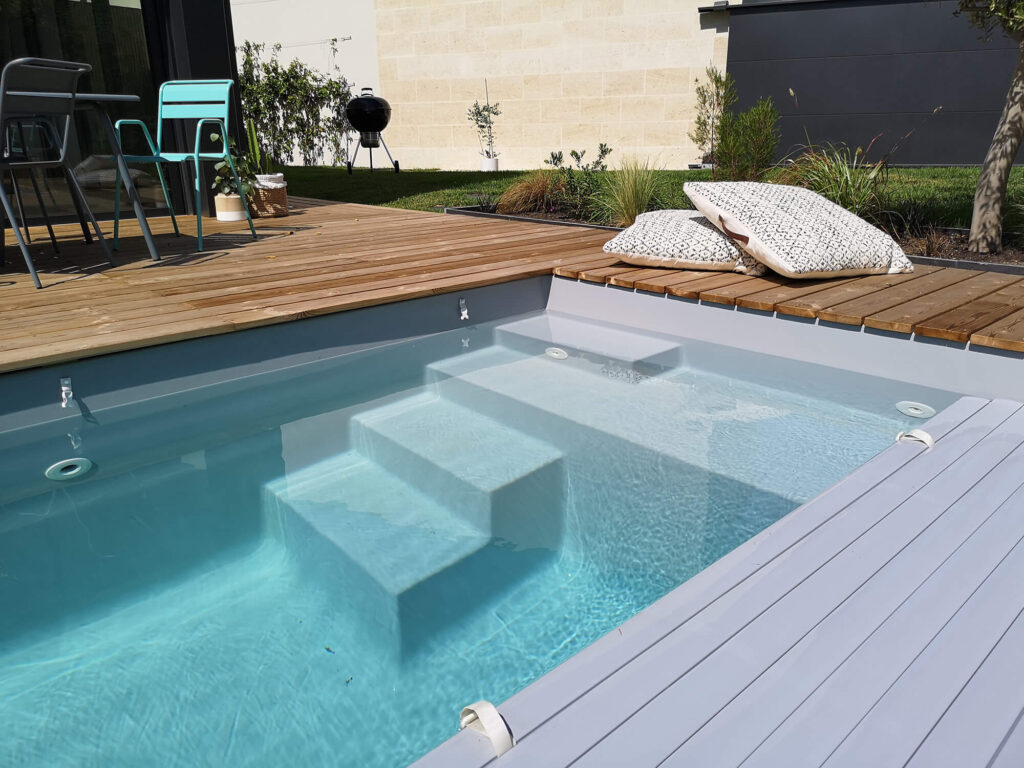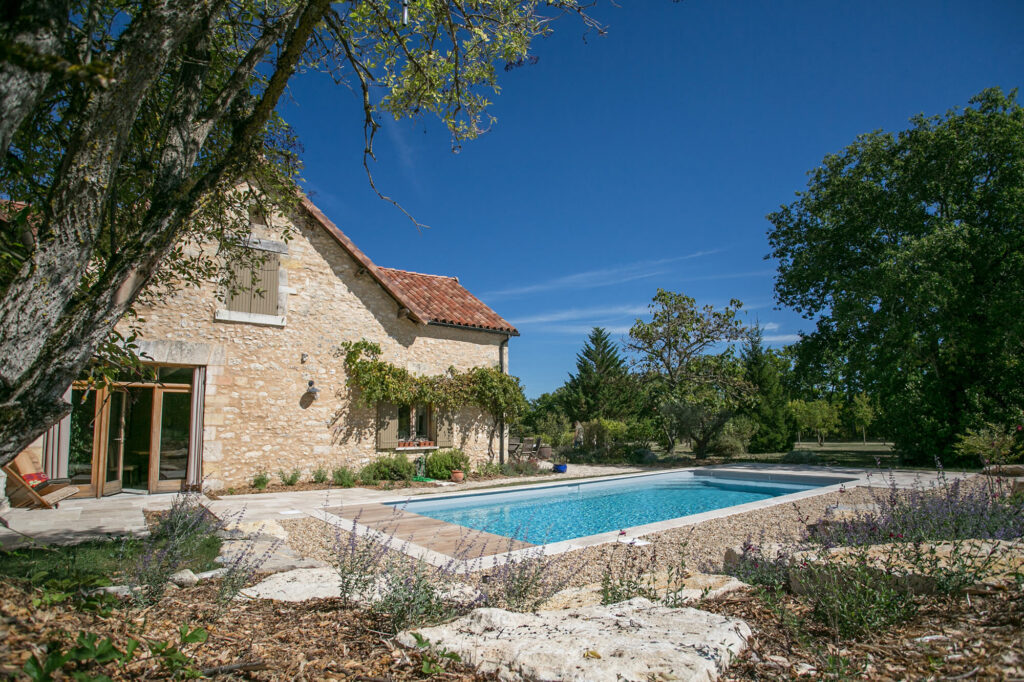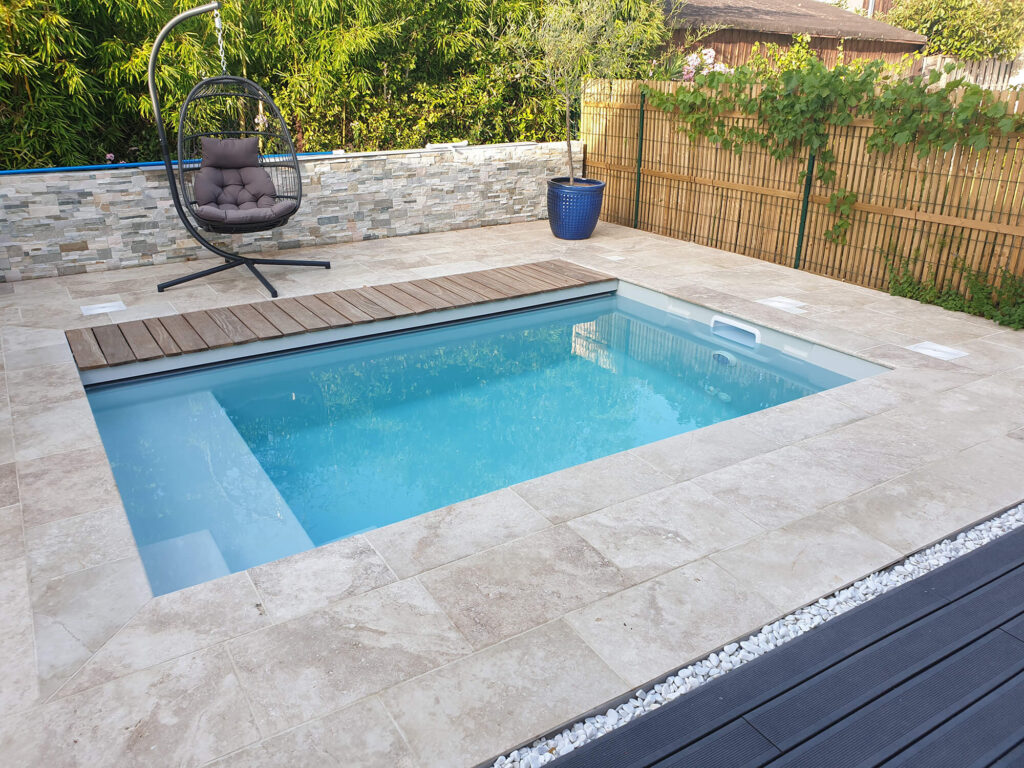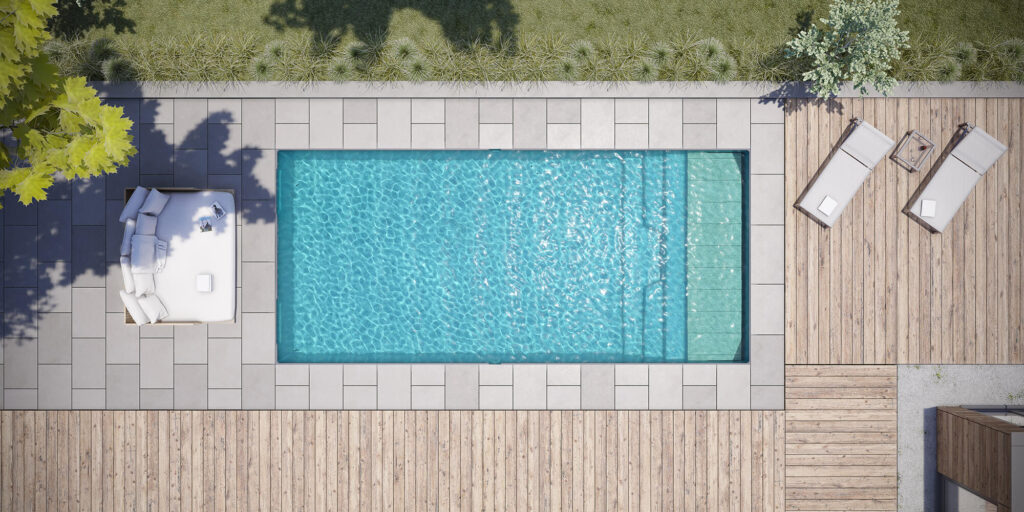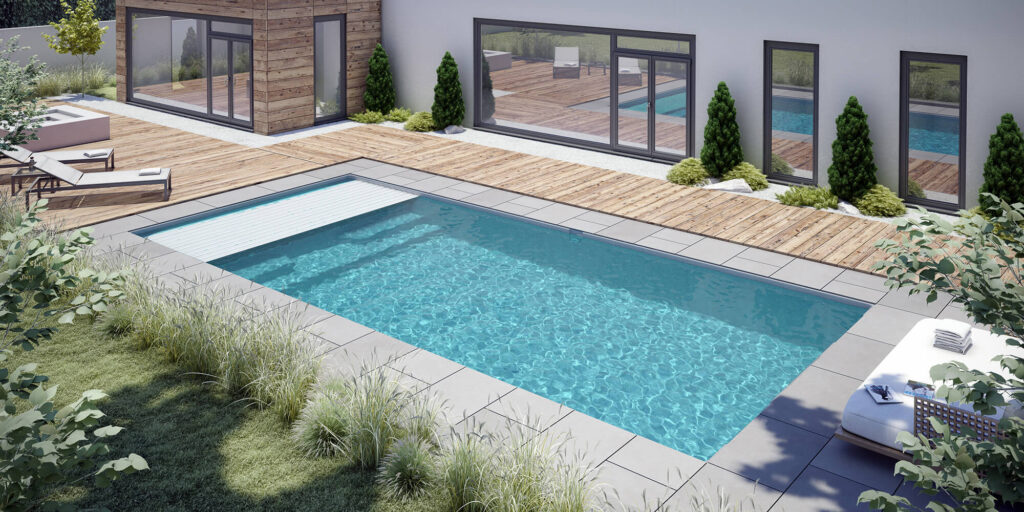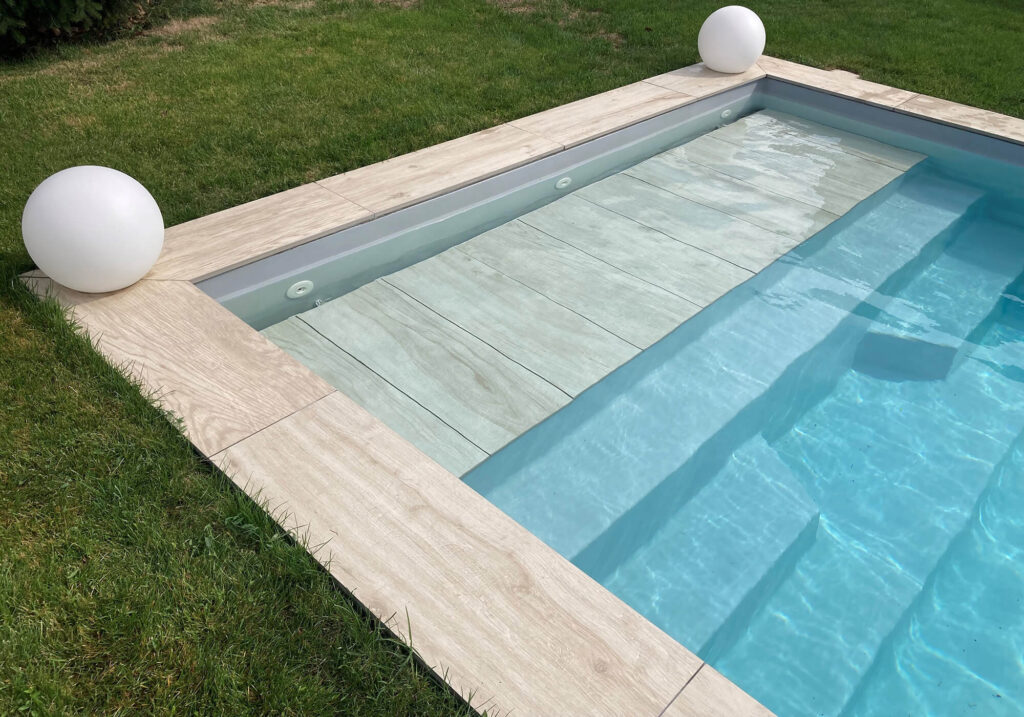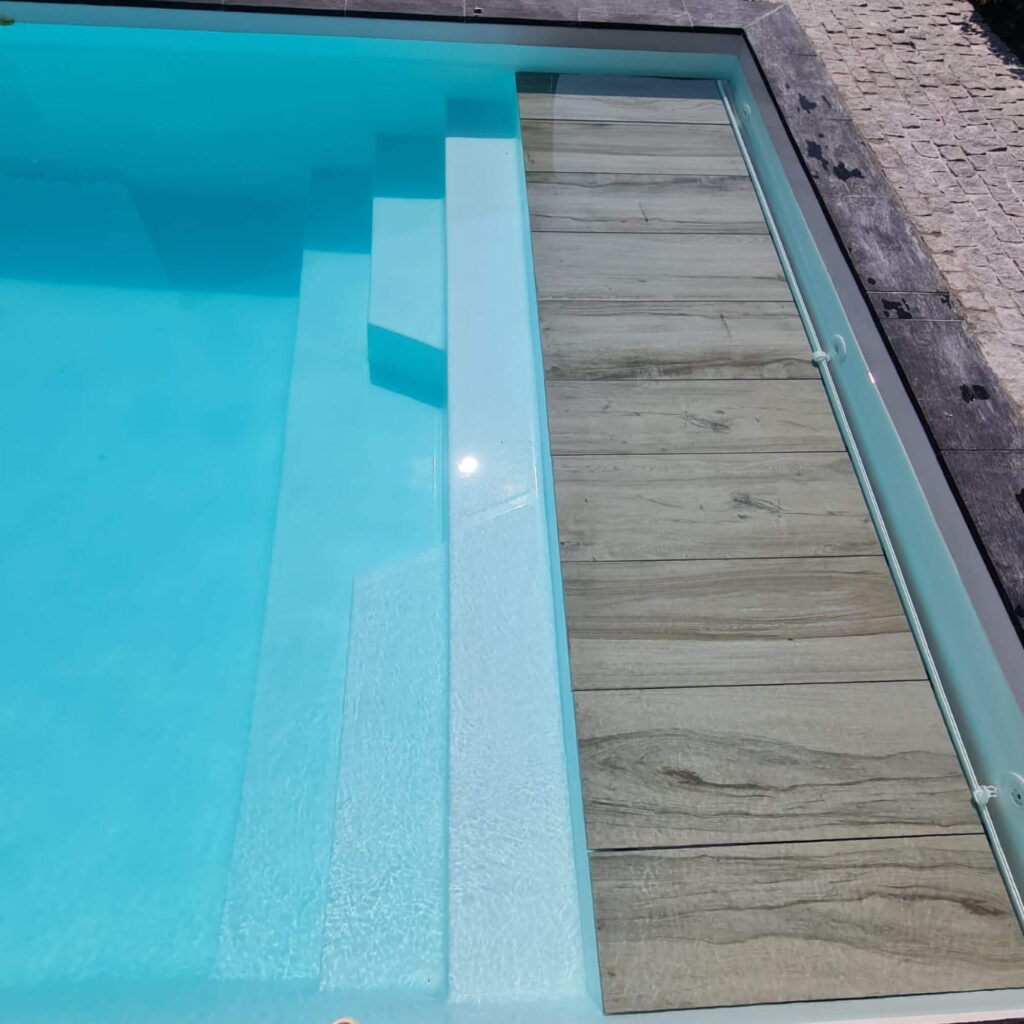Installing a private swimming pool at home is a dream for many of you. However, this project requires meticulous planning to ensure that it will perfectly meet your needs and expectations.
Among the most crucial decisions: choosing the size of your in-ground pool . And for good reason, this choice impacts not only the aesthetics and functionality of your outdoor space, but also the overall budget needed to complete the project.
So how do you choose the ideal size for your pool ? What criteria should guide your decision and what will the financial consequences be? Let’s explore these aspects in more detail to help you make the best possible choice.
The impact of pool size on costs
The size of your pool has a big impact on the associated costs on several levels. The larger the pool, the higher the construction and maintenance costs will be. A larger pool requires more materials, more excavation, and a more complex installation, which translates into higher labor costs.
Additionally, maintenance costs increase with the size of the pool. For example, a larger pool will require a more powerful pump and more chemicals to keep the water clean and balanced .
Also be aware that a swimming pool is considered an extension of your home; in addition to the development tax , it is also subject to property tax . This tax can represent a significant cost in the long term.
However, certain types of swimming pools are not taxable (size, above ground, kit) in accordance with the General Tax Code (CGI) . Private pools that are not subject to taxation include:
– Mini-pools (small pool of less than 10 m²);
– Above-ground and removable swimming pools, which do not require earthworks;
– Swimming pools that can be moved without being demolished and without masonry work (kit swimming pools for example).
Mini pools are therefore a practical and economical option for many households. They allow you to enjoy the pleasures of swimming while minimizing installation and maintenance costs. The taxation of small pools is also more advantageous.
Costs not to forget in your budget
The dimensions of your pool directly impact not only the construction and installation budget, but also the maintenance costs.
Daily maintenance costs of an in-ground pool
Water consumption
Water is a significant expense, especially when initially filling the pool .
However, it is not necessary to fill it completely every year, and it is even not recommended to empty it completely to avoid structural damage.
Electricity consumption
Electricity is essential to operate your pool's filtration system . Daily filtration time depends on water temperature.
Additionally, if you decide to heat your pool with a heat pump or install a counter-current swimming system, this will inevitably increase your electricity bill.
Maintenance products and equipment
To maintain your pool , you will need various equipment, such as a net, a vacuum cleaner (robotic or manual), and measuring strips or an electronic tester. Although these items do not need to be replaced every year, their initial purchase and occasional replacement represent an expense.
In addition to equipment, the use of maintenance products is essential to maintain clean water. These products include:
– Disinfectant (chlorine, bromine, salt, etc.);
– pH correctors
– Complementary products such as flocculant or algaecide.
These products can be expensive and often represent a significant portion of your pool budget .
Insurance
Insurance is a cost that should not be forgotten when installing a swimming pool at home. Mandatory guarantees for swimming pool owners include civil liability and damage guarantee.
If your pool was built by professionals, you will also be required to take out building damage insurance, which costs on average €80.
The layout of your exterior
When you have a swimming pool built, certain arrangements are often necessary or desired to take full advantage of your new pool.
This may include laying a waterproof floor around the pool or carrying out earthworks. Depending on the size of your pool , these arrangements may be more or less expensive.
Other costs may apply if you want to install spaces around your pool, such as relaxation areas, an outdoor kitchen or a shower.
Before you start building, think carefully about your budget. Understanding how pool size impacts costs allows you to make a more strategic choice that fits your budget. Consider not only the initial cost, but also the ongoing expenses for maintenance and use.
Configure your pool online Back to all news